Company Spotlight: Hastings Overland
Photography courtesy of Hastings Overland
When most people think of a road trip through Canada (British Columbia in particular), they think about wide-open spaces with room to roam all to yourself. While possible, many only follow the well-trodden path en route to well-established hubs such as Vancouver, Victoria, and Whistler, without knowing how to find the true, authentic outdoors. This can result in ending up in popular tourist spots that don’t satisfy the craving to go farther.
With the rise of social media accounts such as @hellobc and other tourism marketing organizations, the desire to see the places featured leaves some visitors wondering how to find them, or better yet, how to access them.
Unfortunately, the typical RV, rental car, or camper van can’t handle the off-roading it takes to arrive at the remote destinations you’ve been dreaming of.
British Columbia’s Vancouver-based Hastings Overland solves this problem. Positioned as an outdoor adventure company first and an overland rental company second, the team at Hastings Overland knows that simply providing customers with off-road and camping-equipped vehicles is only the first step. The 2019 fleet consists of Rubicon JLUs, custom-built roof racks (including a full roof surface basket for the rooftop tent, and additional items including a rack mounted box for firewood, a jerry can for extra gas, and a rear-mounted awning to keep you dry), and custom built tailgate kitchens with electric fridges and all of the necessities, thoughtfully organized.
The next step is to help every customer explore BC as if they were a local by working closely with them to connect the dots of their “BC bucket list.” This goal is accomplished by providing people access to lesser-known routes, backcountry activities, and the types of campfire views that they imagine when exploring a province with a population density of 12.5 people per square mile (compared to 375, 251, and 105 people per square mile in Florida, California, and Texas). The team at Hastings Overland sites some of their favorite routes as being northern Vancouver Island, the Fraser River Canyon route, and deeper east into the Kootenays. Some of their customers choose to focus on one region, and others go for extended periods up to one month and choose to visit most of southern BC while including activities such as fishing, mountain biking, whitewater rafting, etcetera.
Since the team members at Hastings Overland have completed their own trips in Russia, Mongolia, Indonesia, India, Southeast Asia, Southern Africa, and throughout the Americas, the lessons from these trips have been included in the Hastings Overland offering.
“Our service doesn’t exist to simply help people ‘disconnect to re-connect,’ we exist to help our customers disconnect and explore with confidence,” says Cory Koesdibyo, director of operations with Hastings Overland. “We write our customers bespoke trip plans which help connect them to the more remote areas in BC and go a step further by providing them with all of the necessary gear, tools, map books and knowledge to do so safely.”
Their customers range from overland travel veterans to city folk looking to try out camping for the first time.
“We have set up our service to work with both the hardened travelers who own their own rigs or have done similar trips in Africa, Australia, and South America as well as for those looking to make their first trip into the backcountry,” says Maxwell Webster, director of business development.
They make backcountry trips possible through a carefully curated vehicle orientation, all the necessary camping gear for adventure, detailed vehicle manuals, instructions on what to do in case of wildlife encounters, information on local ecology and the region’s history, explaining the steps to build a fire, and even how to “Leave no Trace” for environmental sustainability.
“The goal is to allow our customers to unplug through providing physical maps with reference points to each campsite, connect them to locals along the way, and to teach them a new skill or two regardless of their experience level,” adds Webster.


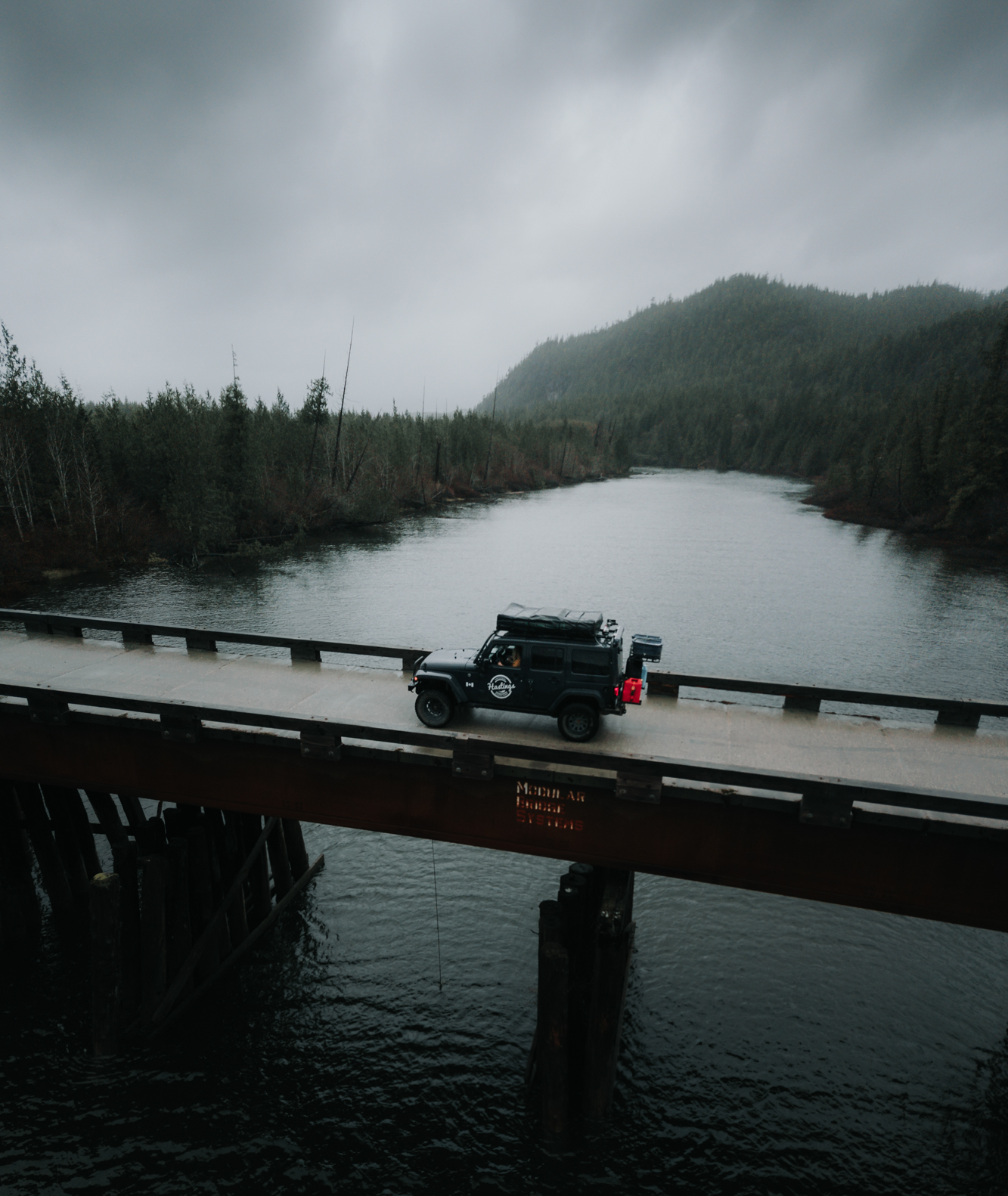

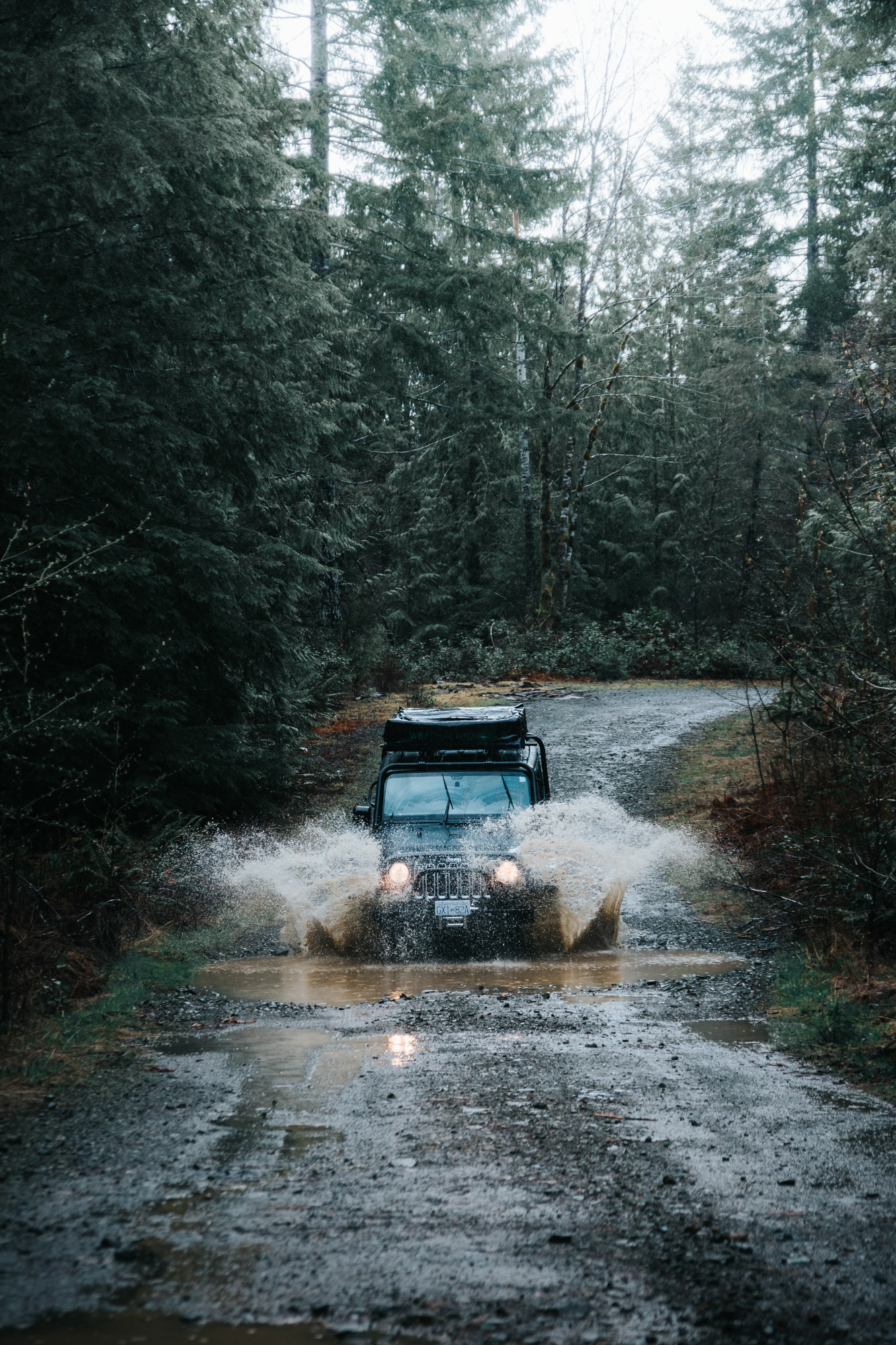
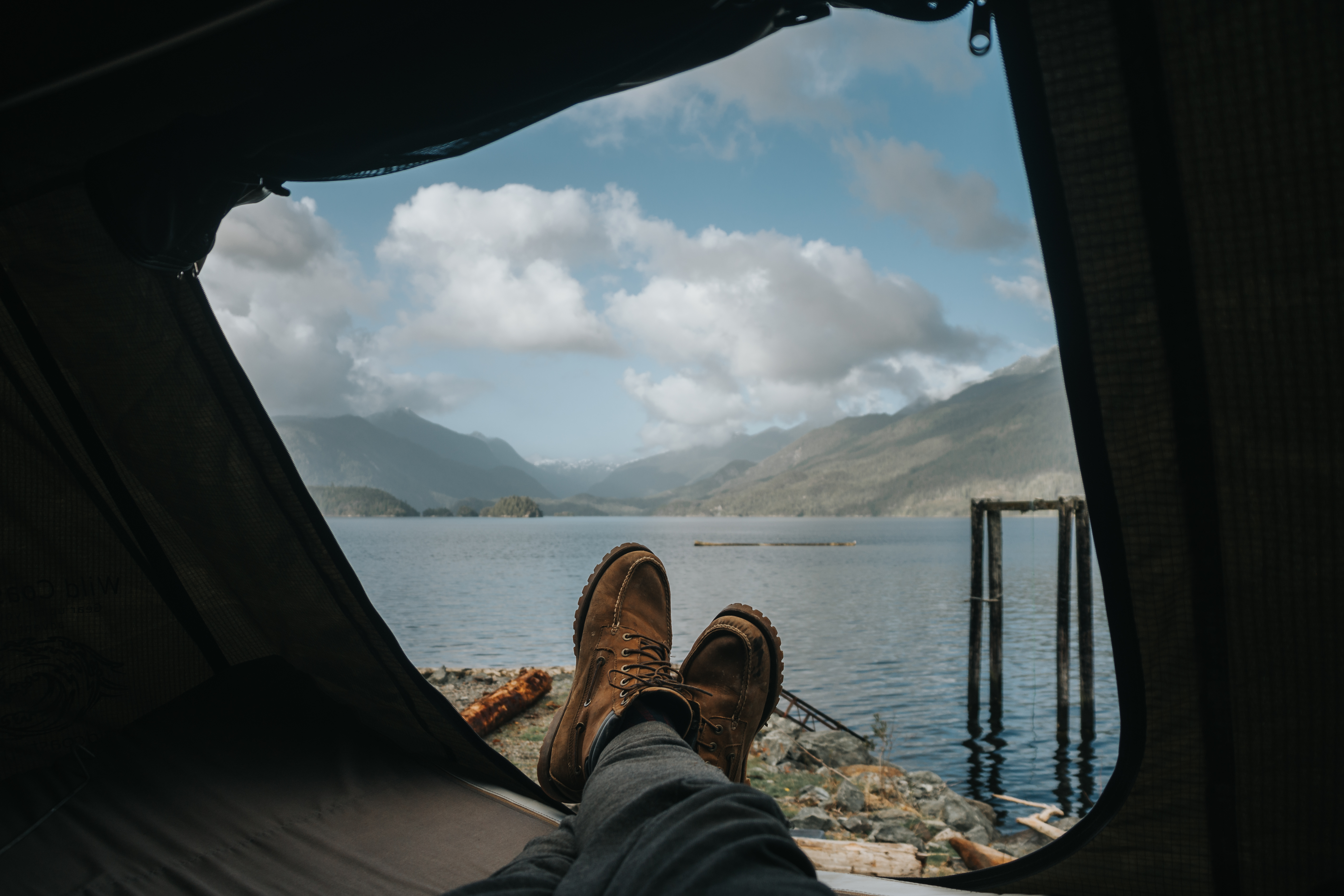
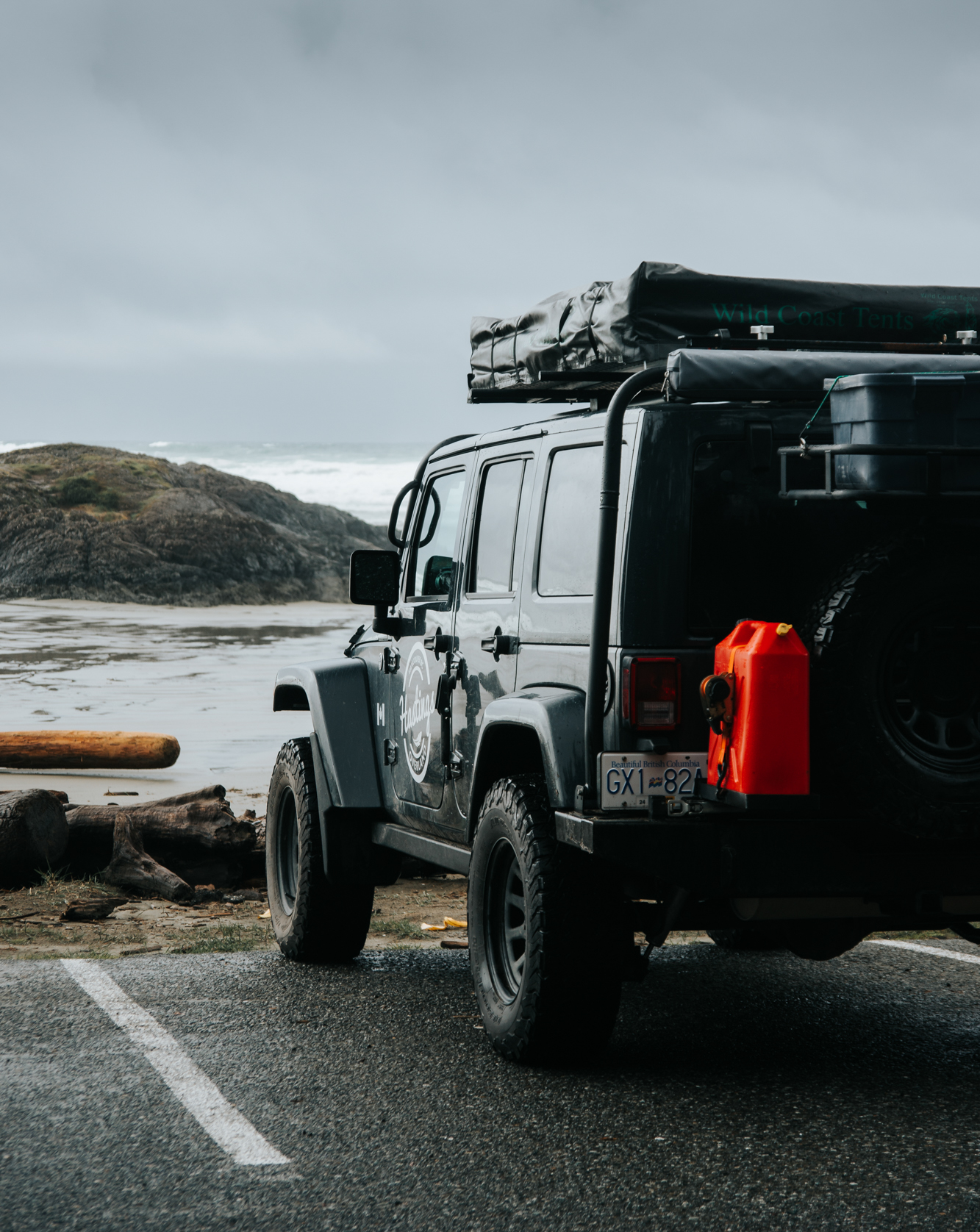
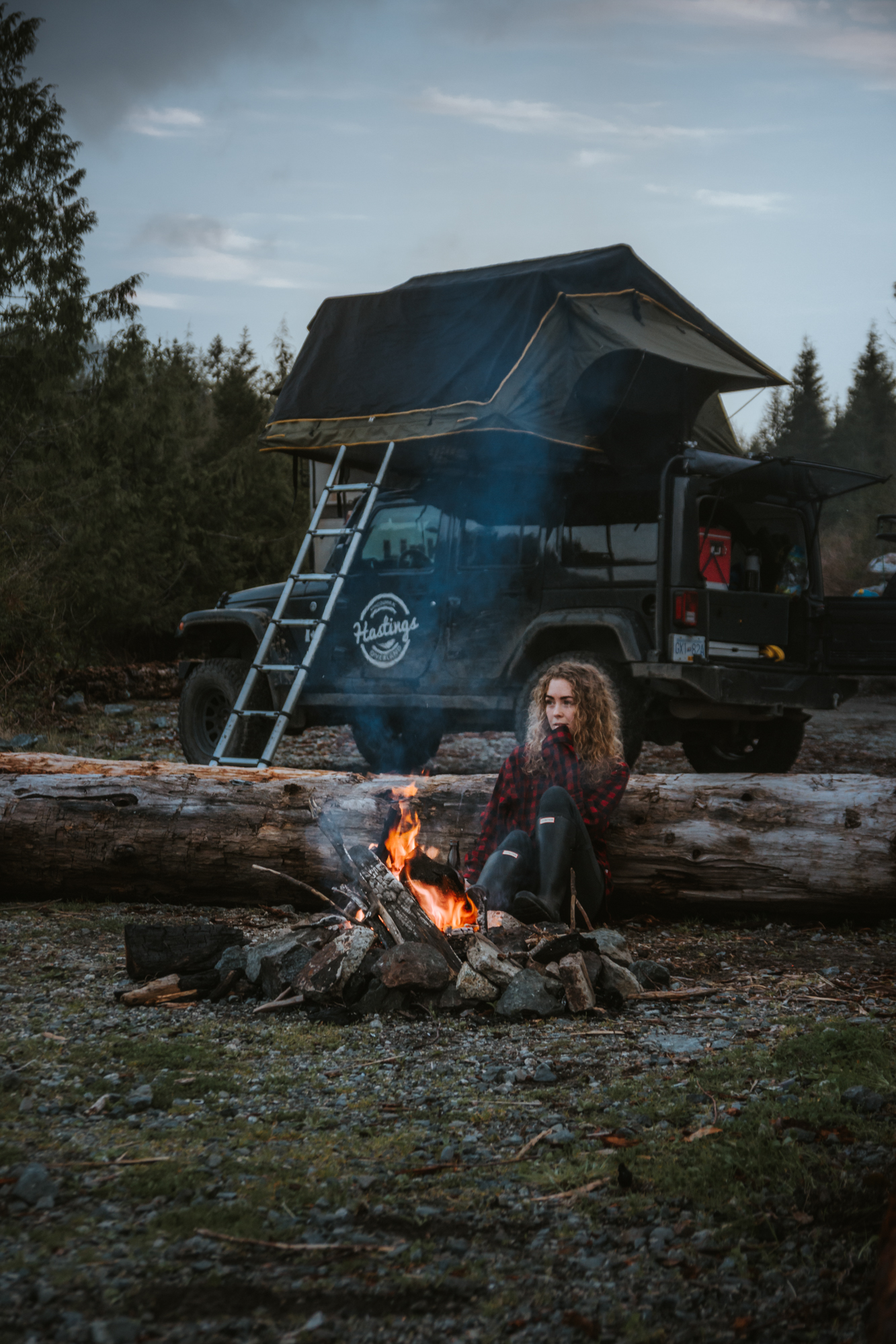

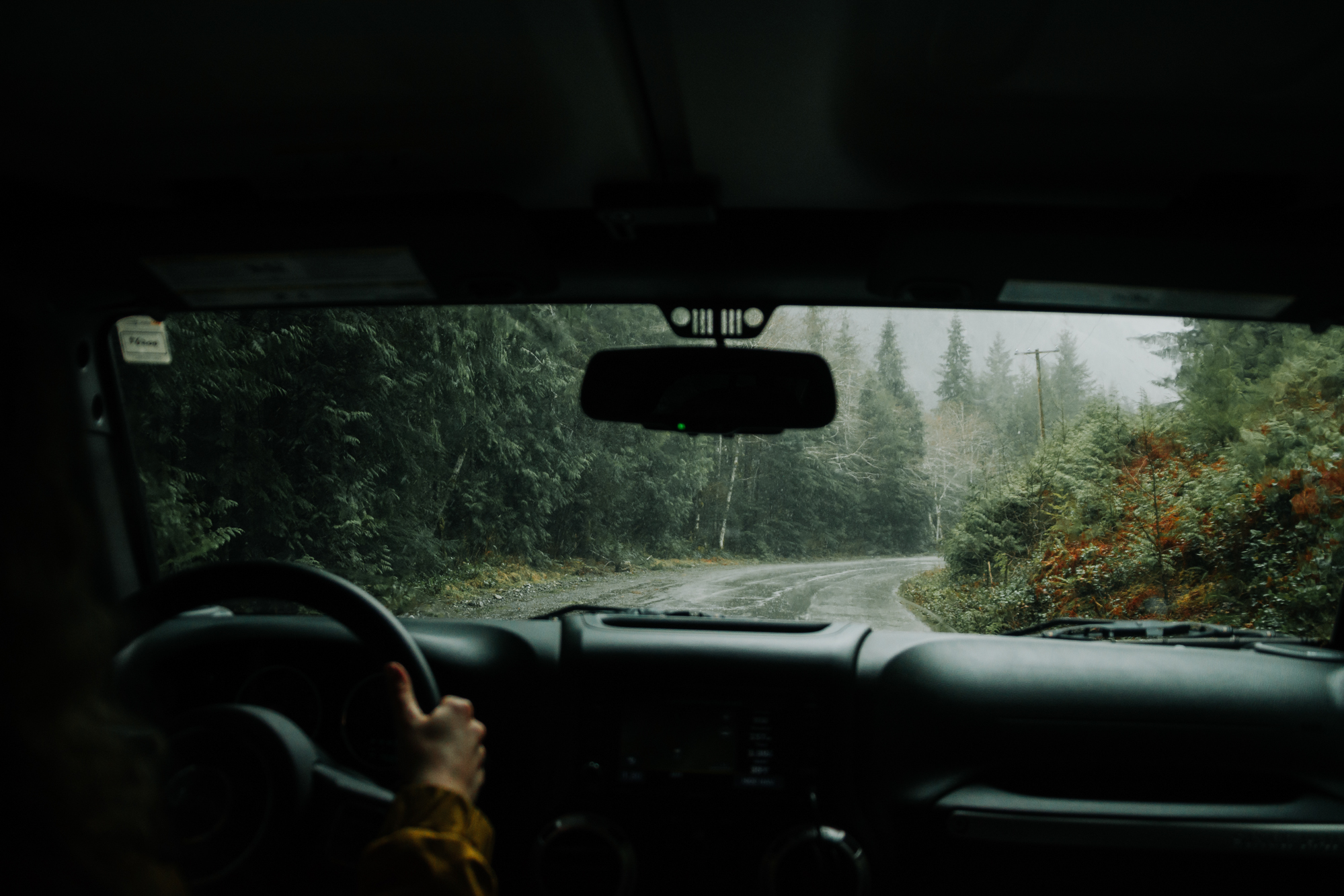
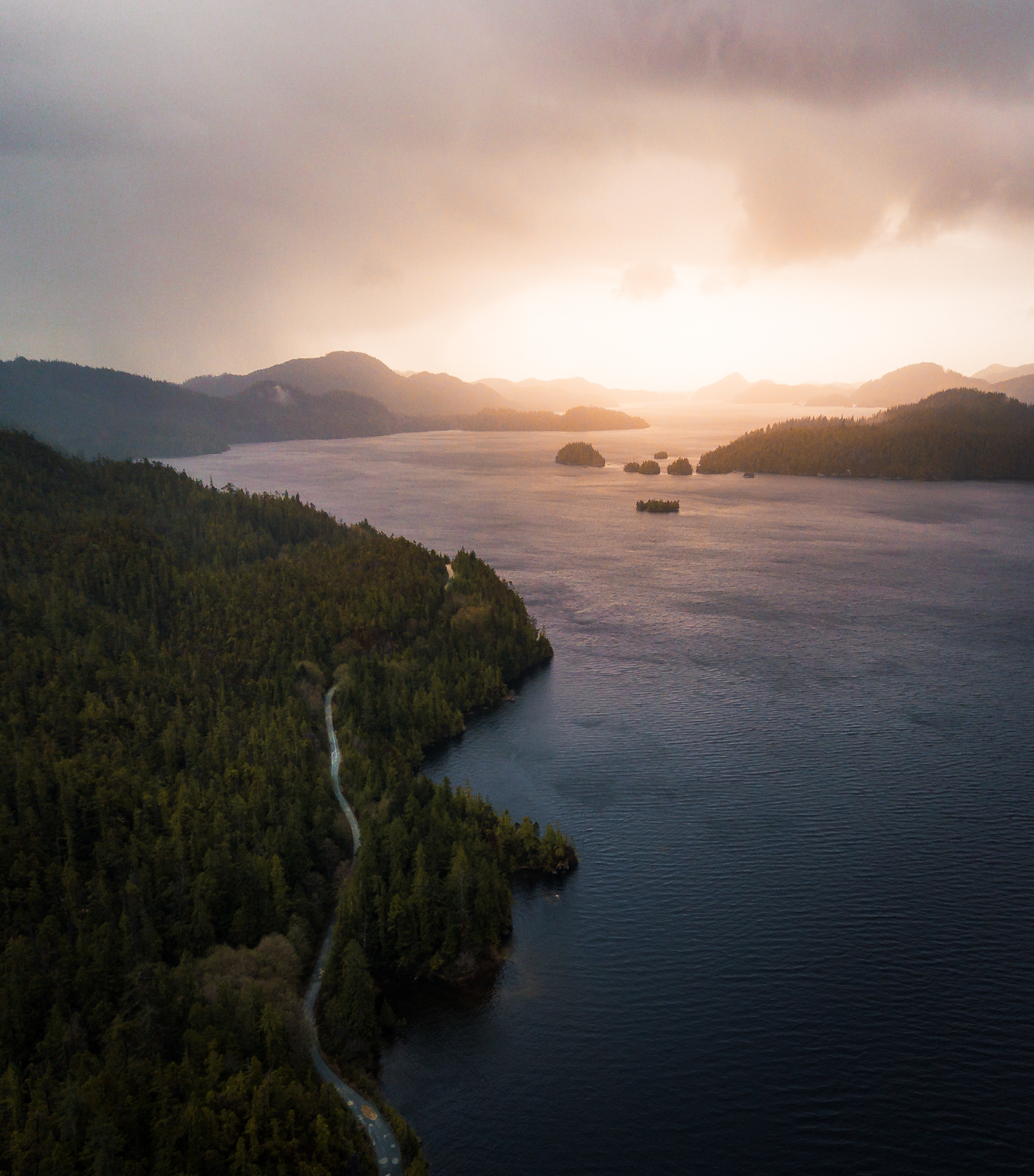
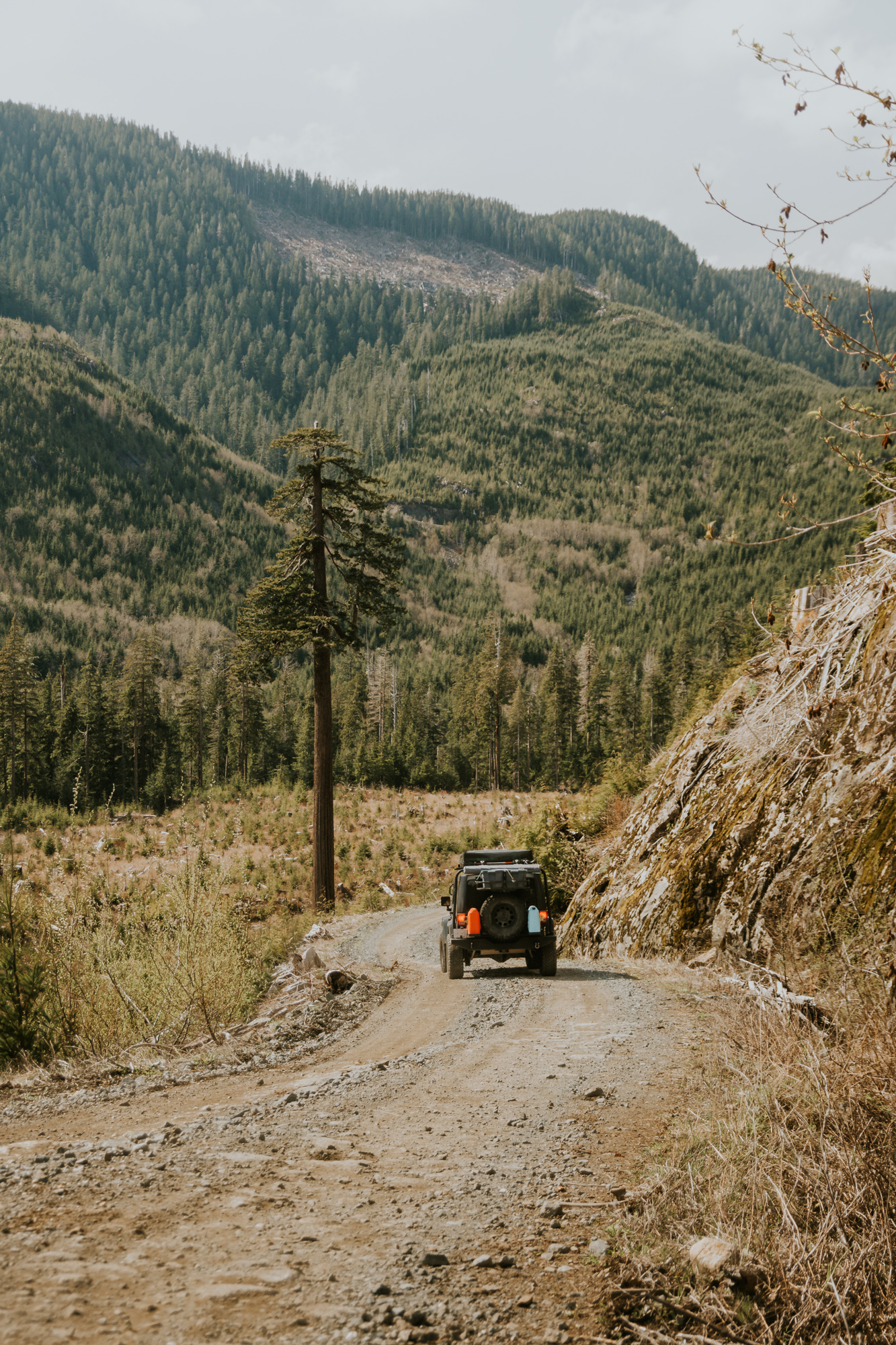
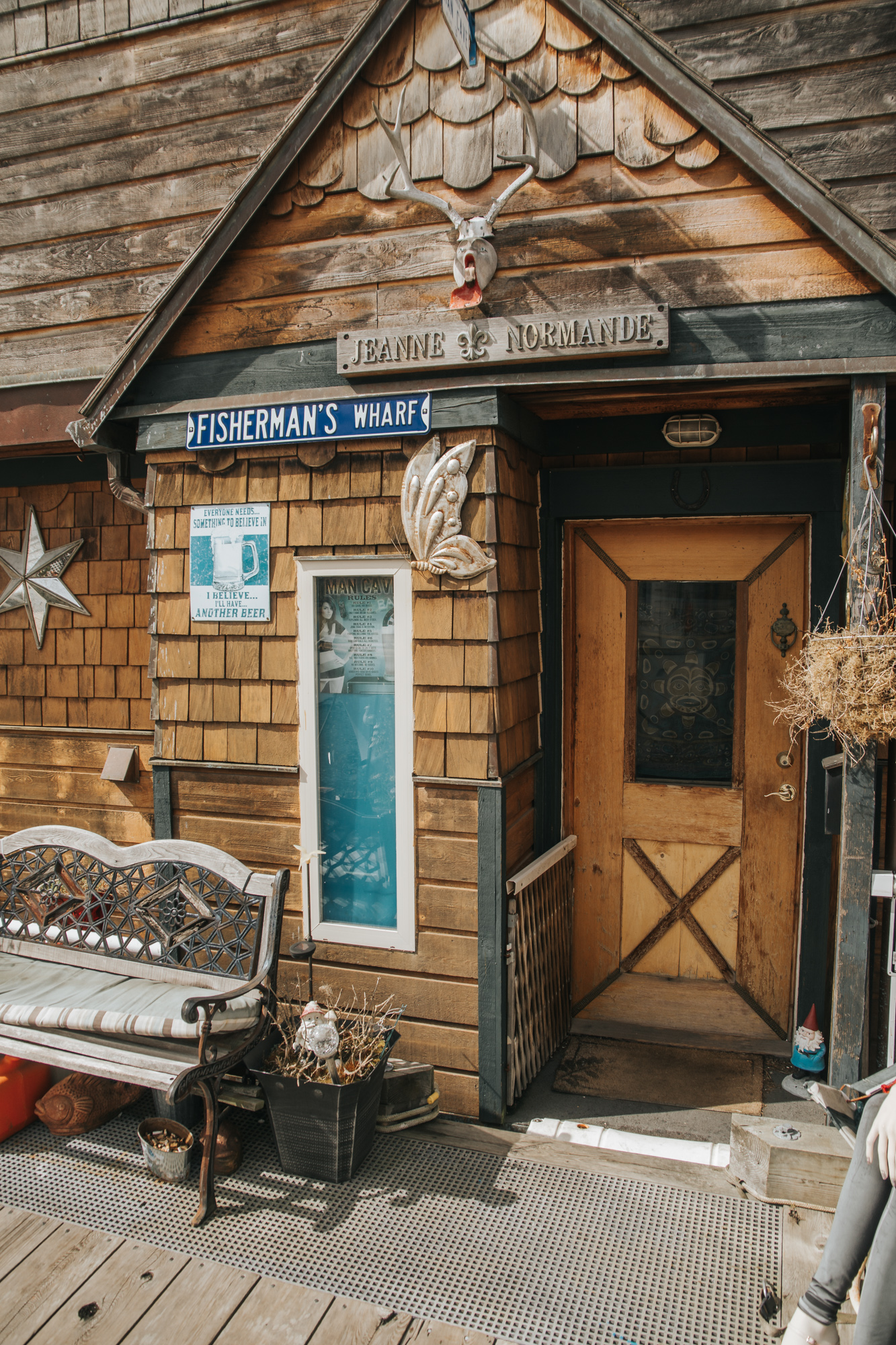

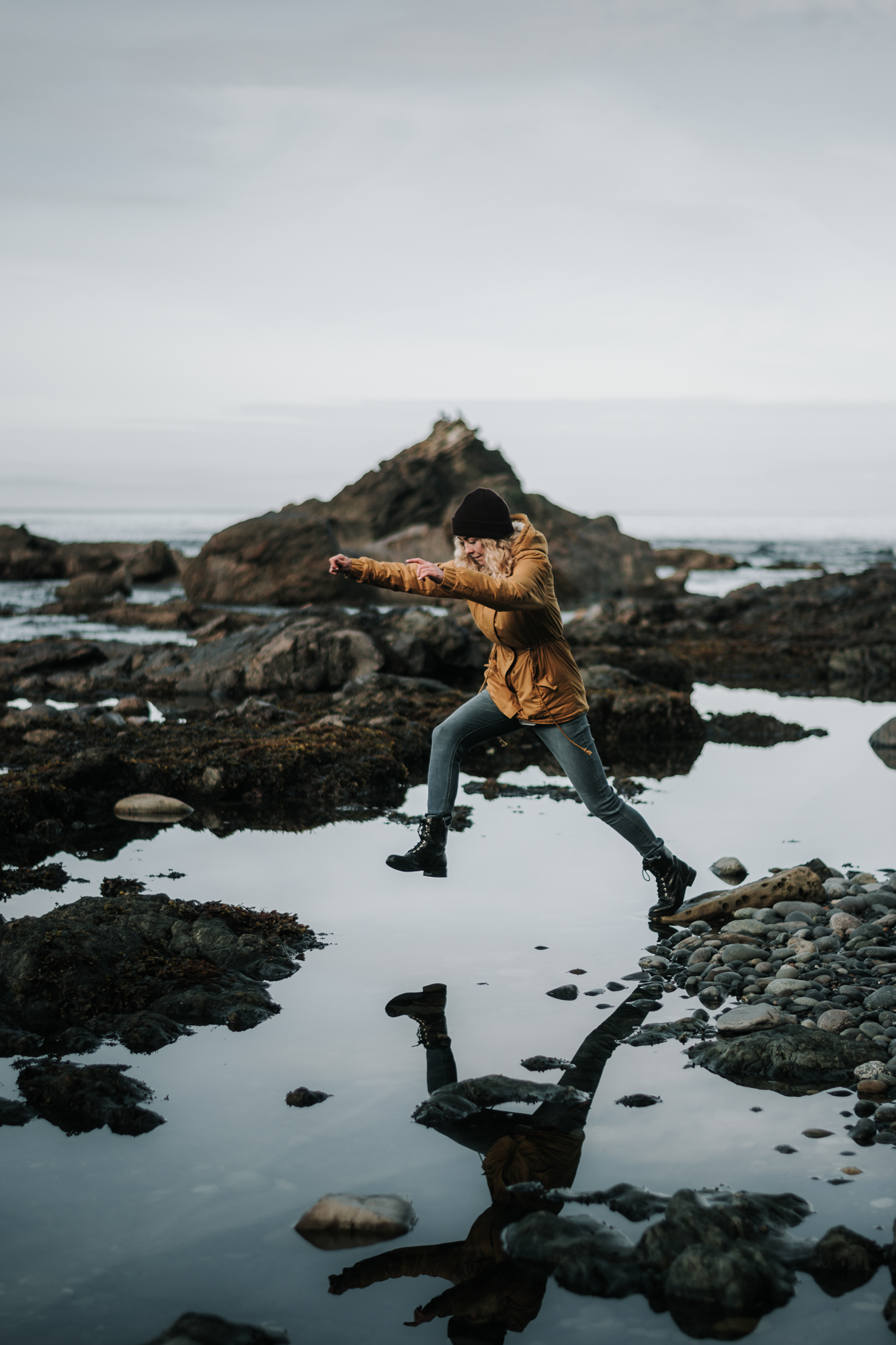

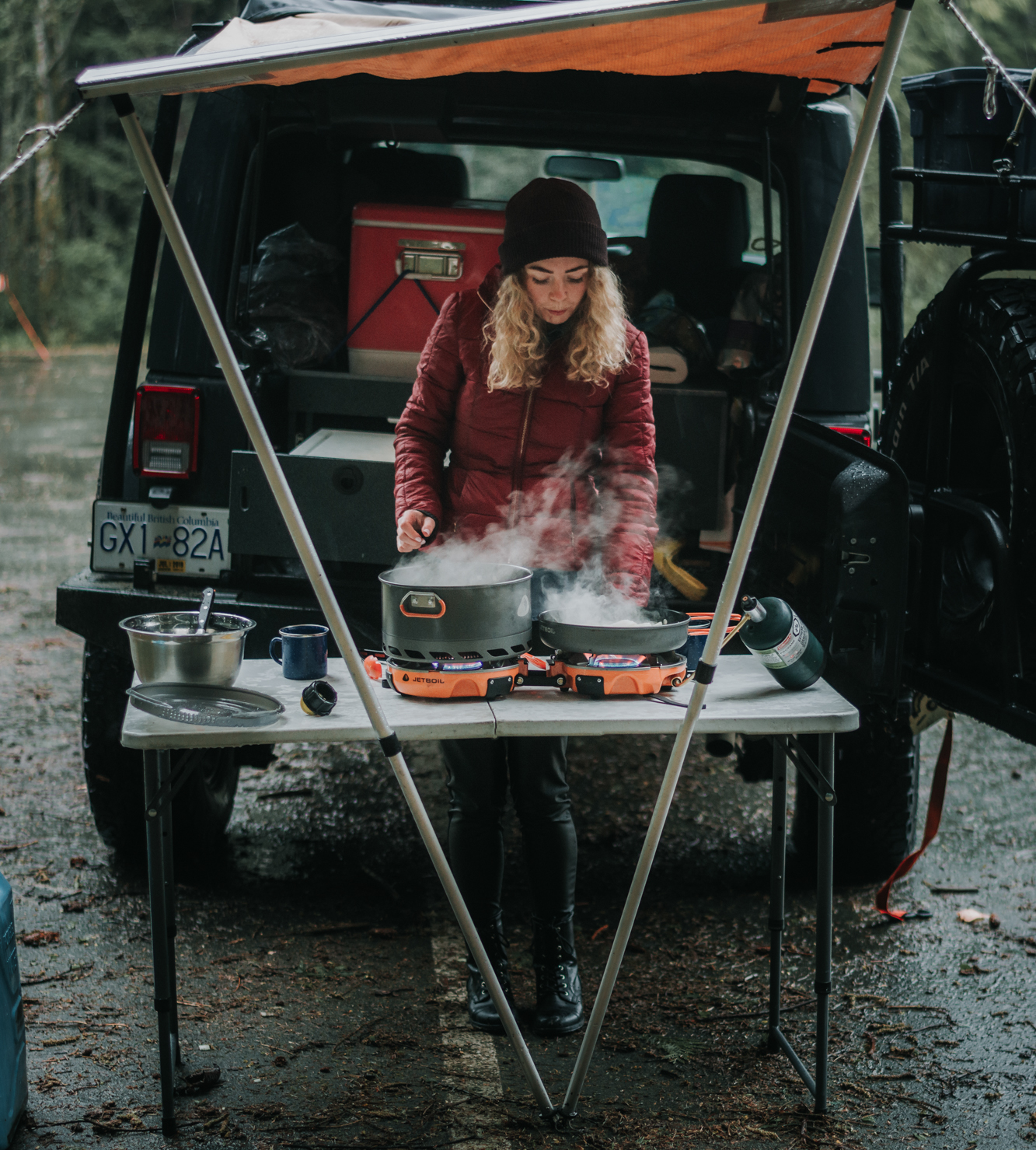




No comments:
Post a Comment